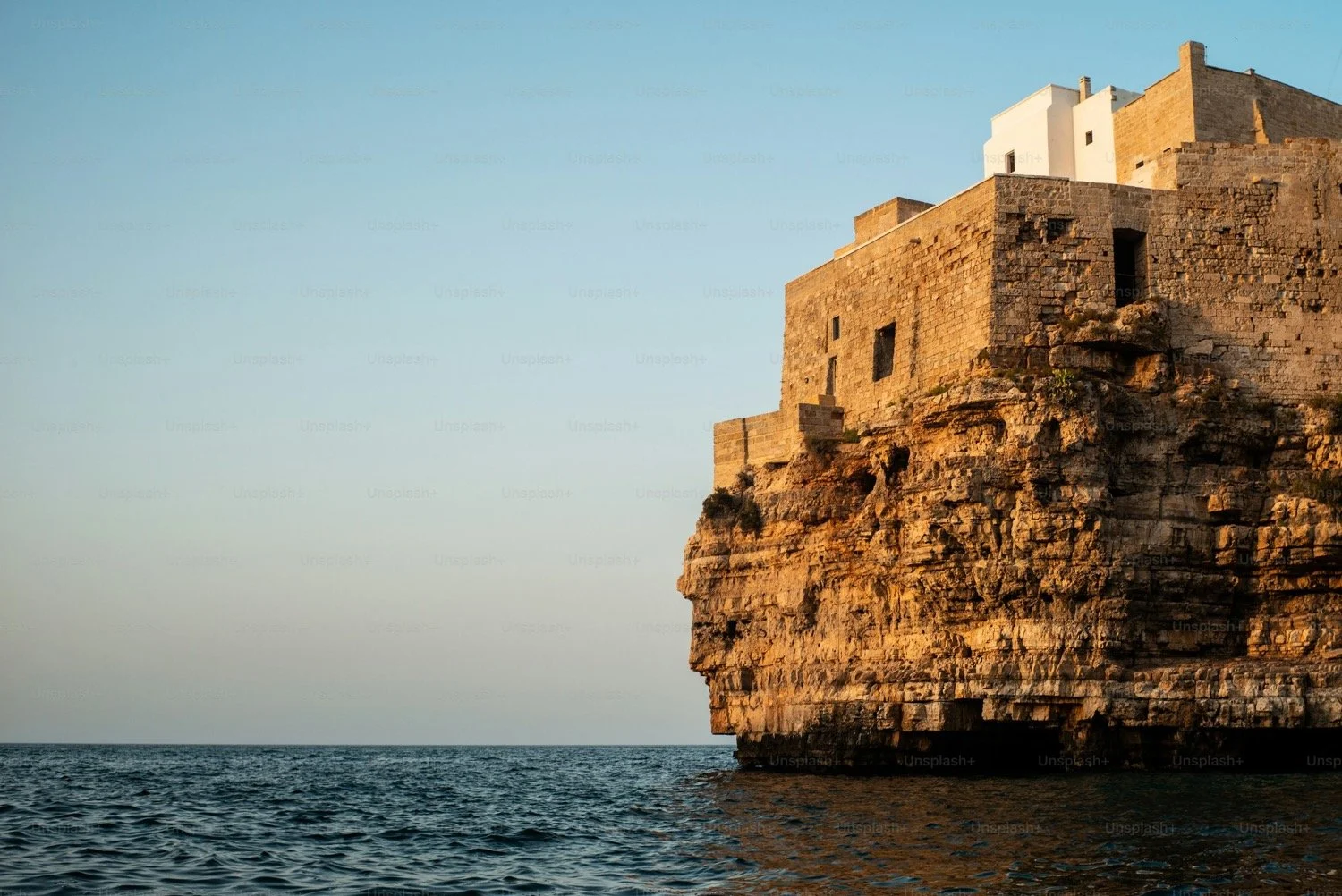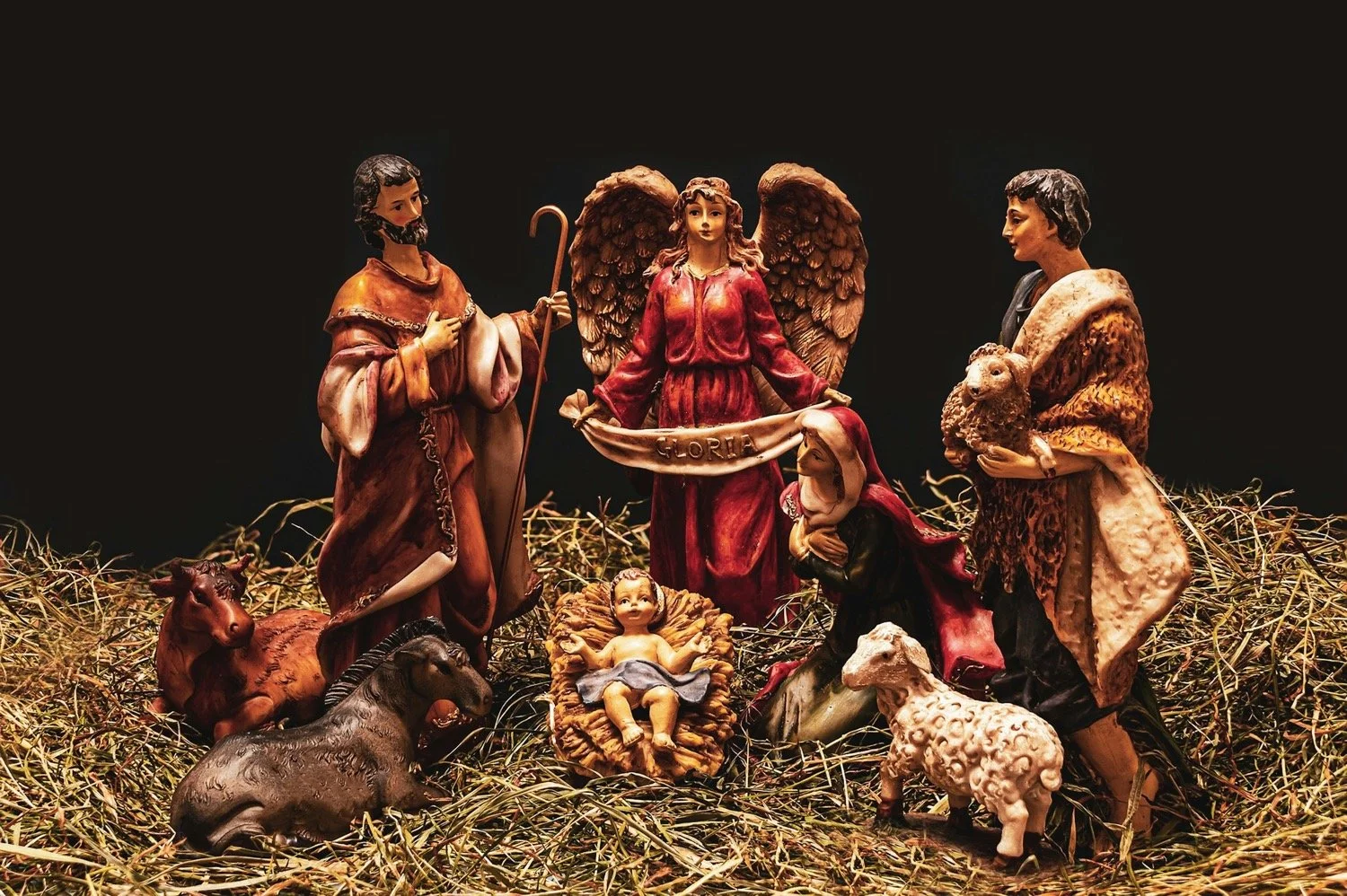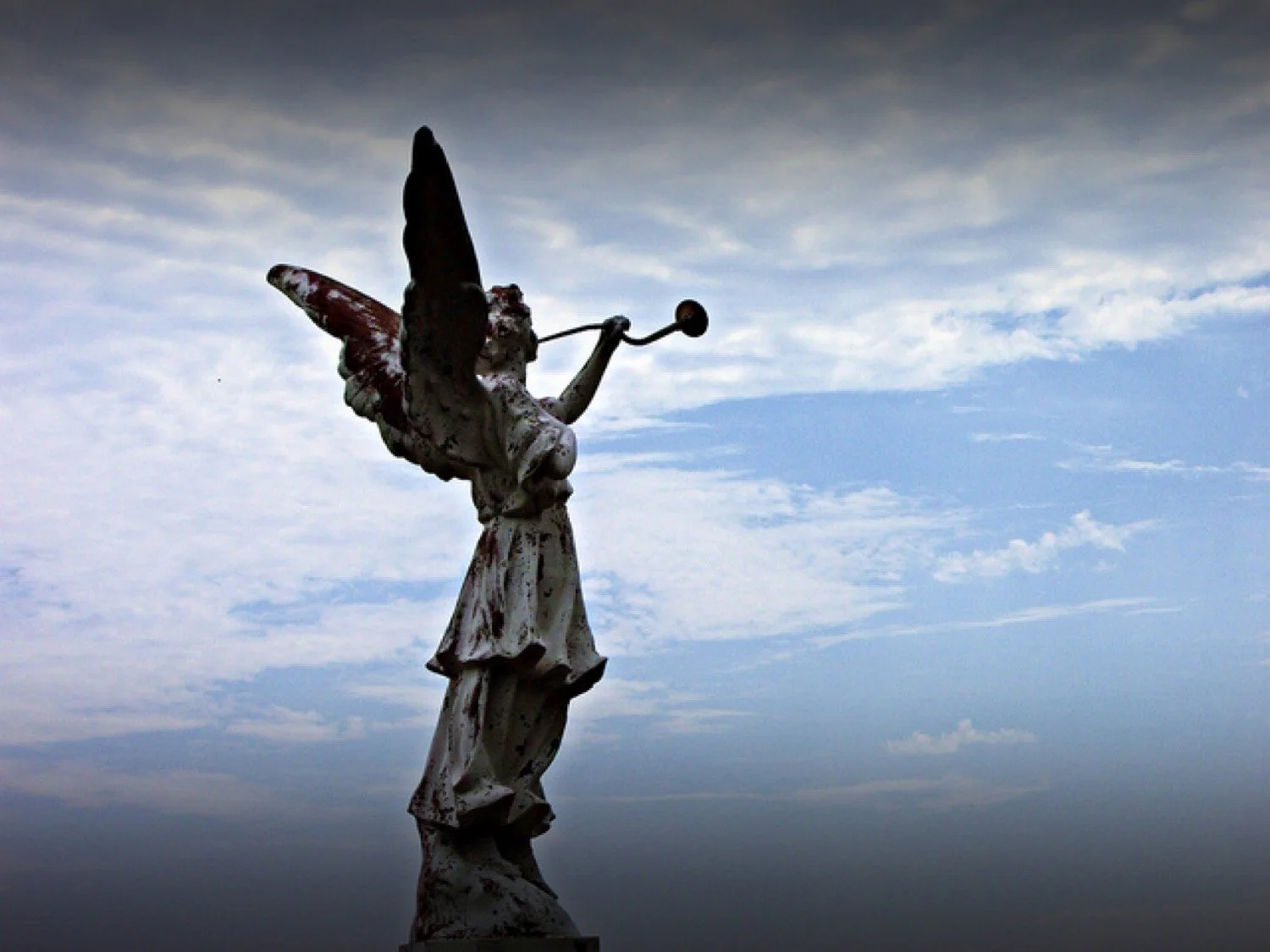Readings for today: Numbers 14-16, Psalm 95
Yesterday we read about Moses being the most humble man on the face of the earth. Today we see his humility in action. Over and over again, the people of Israel question his leadership. Question his motives. Question his character. They accuse him of bringing them out of Egypt only to kill them. They accuse him of being power-hungry and authoritarian and a dictator. They resist him at every turn. They refuse to obey the commands of the Lord. They complain bitterly. They walk in fear not faith.
What is God’s response to their rebellion? Righteous anger and judgment. He is fully within His rights to kill them all and start over which is exactly what He threatens to do on multiple occasions. The only thing standing in the way of God and the complete destruction of the people of Israel is Moses. Rather than become defensive or take their attacks personally, Moses remains faithful. He stands between them and God as an intercessor. He pours his heart out in prayer. He calls on God to be faithful to His own character. He cries out to God to stay true to His vision to make His glory known throughout the earth. He asks for forgiveness and mercy for the sins of the people and God responds to Moses’ prayers by issuing a lighter sentence and extending grace.
It’s an amazing interaction that demonstrates the power of intercessory prayer. Listen to it again from the Message version, “All the People of Israel grumbled against Moses and Aaron. “Why didn’t we die in Egypt? Or in this wilderness? Why has God brought us to this country to kill us? Our wives and children are about to become plunder. Why don’t we just head back to Egypt? And right now!” Soon they were all saying it to one another: “Let’s pick a new leader; let’s head back to Egypt.” Moses and Aaron fell on their faces in front of the entire community, gathered in emergency session…But, up in arms now, the entire community was talking of hurling stones at them. Just then the bright Glory of God appeared at the Tent of Meeting. Every Israelite saw it. God said to Moses, “How long will these people treat me like dirt? How long refuse to trust me? And with all these signs I’ve done among them! I’ve had enough—I’m going to hit them with a plague and kill them. But I’ll make you into a nation bigger and stronger than they ever were.” But Moses said to God, “The Egyptians are going to hear about this! You delivered this people from Egypt with a great show of strength, and now this? The Egyptians will tell everyone. They’ve already heard that you are God, that you are on the side of this people, that you are present among them, that they see you with their own eyes in your Cloud that hovers over them, in the Pillar of Cloud that leads them by day and the Pillar of Fire at night. If you kill this entire people in one stroke, all the nations that have heard what has been going on will say, ‘Since God couldn’t get these people into the land which he had promised to give them, he slaughtered them out in the wilderness.’ Now, please, let the power of the Master expand, enlarge itself greatly, along the lines you have laid out earlier when you said, “God, slow to get angry and huge in loyal love, forgiving iniquity and rebellion and sin; Still, never just whitewashing sin. But extending the fallout of parents’ sins to children into the third, even the fourth generation.” Please forgive the wrongdoing of this people out of the extravagance of your loyal love just as all along, from the time they left Egypt, you have been forgiving this people.” God said, “I forgive them, honoring your words. But as I live and as the Glory of God fills the whole Earth—not a single person of those who saw my Glory, saw the miracle signs I did in Egypt and the wilderness, and who have tested me over and over and over again, turning a deaf ear to me—not one of them will set eyes on the land I so solemnly promised to their ancestors. No one who has treated me with such repeated contempt will see it.” (Numbers 14:1-5, 10-23)
I can’t imagine the humility it must have taken for Moses to stand in the gap for the very people who rejected him. He and Aaron found themselves in the midst of a mutiny and yet fell to their knees before God to intercede on behalf of those who were seeking to kill them. Furthermore, I cannot imagine the courage it must have taken for Moses to stand in the gap before the righteous anger and judgment of God and ask Him to turn aside. Moses quite literally laid down his life in making this prayer and God honored his sacrifice.
Yesterday, I received a call from a dear friend. Her son is in critical condition in the hospital. He has struggled so much over the course of his life and, though he knows the truth of the gospel, he has yet to fully surrender to it. She wept as she shared his broken condition with me and her heart to see him healed and restored not just physically but spiritually as well. I told her I believed with all my heart that God is already at work answering her prayers. How can I say something like that with confidence? Because our God truly is merciful and gracious, slow to anger and abounding in steadfast love. I know He looks down and sees this mother’s tears. He has heard every single prayer she’s offered for years on behalf of her son. And I cannot believe a child who has been so fervently prayed for will perish. God will heal and restore him in this life or the next. This is the power of intercessory prayer.
Readings for tomorrow: Numbers 17-20




